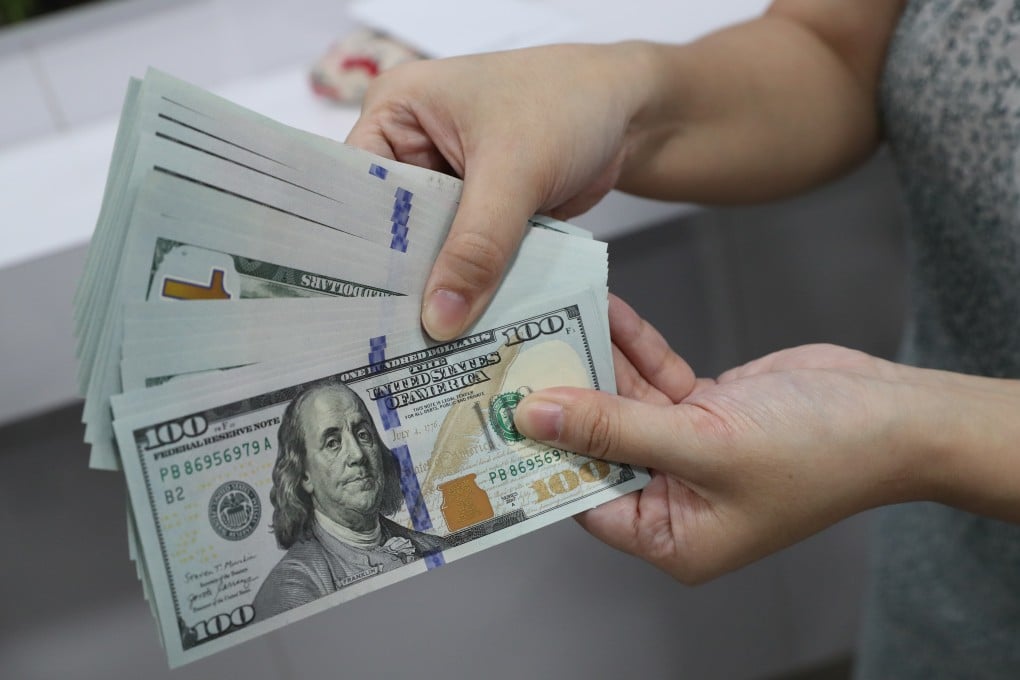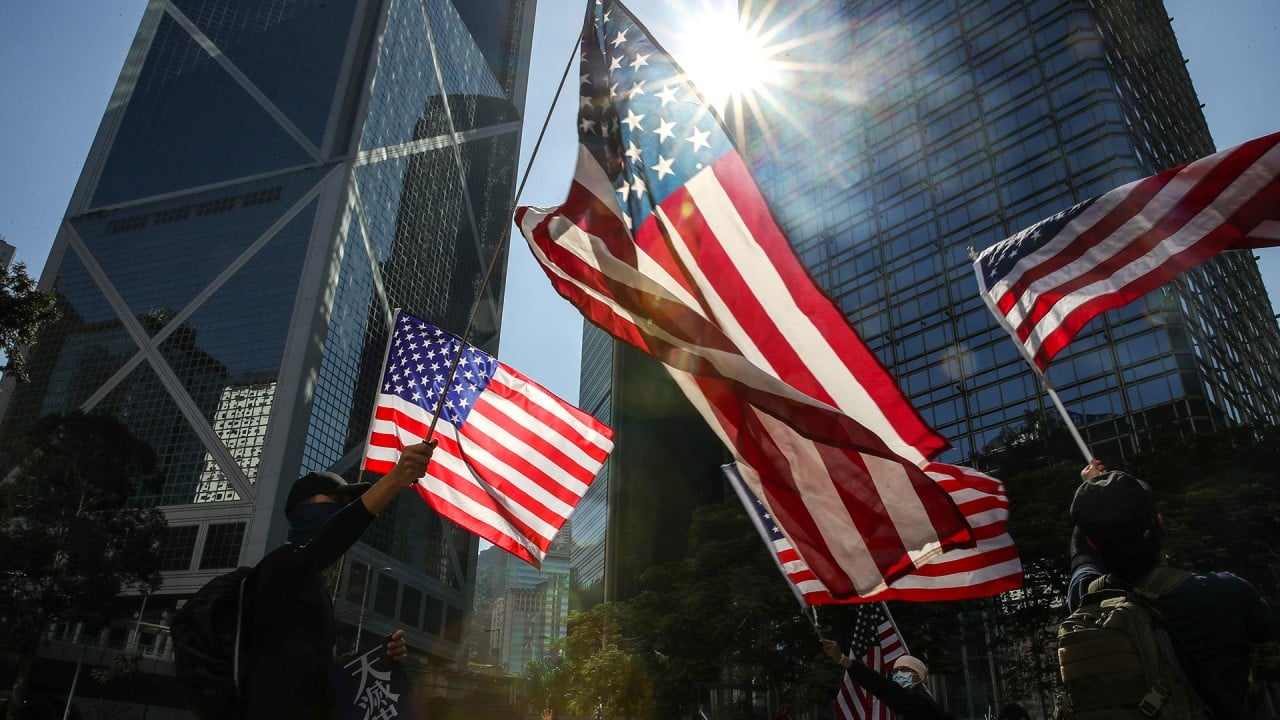Macroscope | Donald Trump’s ‘America First’ approach risks eroding US dollar supremacy amid trade war with China
- Lack of any currently viable fiat currency alternative does not mean US dollar’s place as the world’s reserve currency is set in stone
- US disengaging from globalisation would leave other countries and non-US firms less economically intertwined and less eager to trade in US dollars

“We are entering a period of consequences,” Winston Churchill said in 1936, but Churchill’s words still resonate in 2020. As a previously harmonious China-US relationship fractures, the knock-on effects will be profound, not least in the currency markets and the status of the US dollar.
It wasn’t always this way, though. As the fortunes of empires and nations have waxed and waned over the centuries, other currencies have filled the same role that the US dollar does today. In the 19th century and for the first half of the 20th, the British pound was the world’s dominant reserve currency. That was until, with Britain’s finances stretched to breaking point by the costs of fighting two world wars and its economy eclipsed by that of the United States, sterling ceded primacy to the US dollar.

06:21
Hong Kong and the US: how much do they rely on each other economically?
The United States has enjoyed the luxury of being able to pursue its domestic agenda, knowing that the rest of the world needs to hold its currency. At the same time, the US consumer has enjoyed the benefits of being able to access well-made and competitively-priced branded goods that were made in China.
